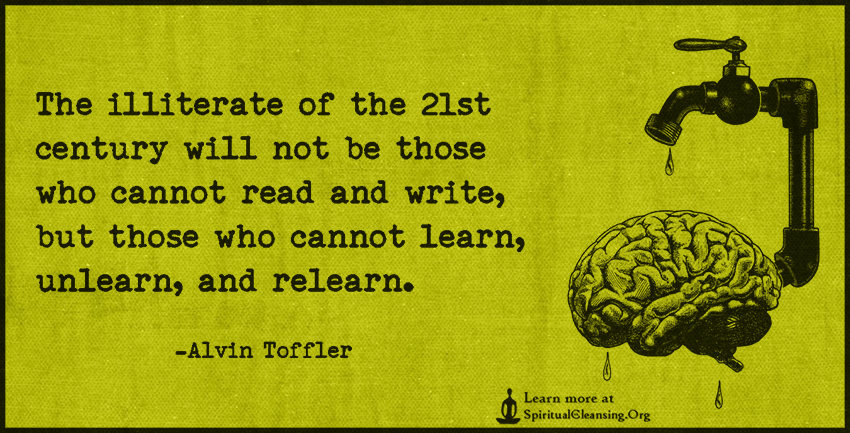As the Sultan of Sokoto and President-General of the Nigerian Council for Islamic Affairs (NSCIA), His Eminence, Alhaji Muhammad Sa’ad Abubakar, did two days ago while announcing the end of Ramadhan and “Eid-ul-fitr” celebrated yesterday, I congratulate over 78 million Muslims in Nigeria on the completion of fasting. I say over 78 million Muslims in Nigeria advisedly because according to a report published by “The Punch” newspaper of October 9, 2009 (page 53), Nigeria has 78 million Muslims that constitute 50% of national population or five per cent of the global Muslim population.
In felicitating with them, it is auspicious to set politics aside and highlight what Ramadhan should have instilled in Muslims that should go beyond the month. If Ramadhan is construed as an acronym, a word formed from the combination of the initial letters of a group of words, every letter signifies a concept or lesson that should continue to define life after Ramadhan.
The first letter of Ramadhan teaches the need for repentance. That enormities such as voyeurism, pre-marital and extra-marital sexual relations, telling ‘small lies,’ drinking, delaying Salat, back-biting, slander, envy, wickedness, bribery, corruption and others define the lifestyle of many Muslims today is an open sore that assails our conscience. After Ramadhan, like during the month, we should desist from such vices. However, for our repentance to be valid, its four conditions have to be met. These are shunning sins henceforth, being remorseful for the past misdeeds, determining not to return to evil ways again and returning other people’s rights to them.
The second letter represents appreciation. God has blessed us with huge human and material resources in Nigeria but we don’t usually appreciate this fact. We need to cultivate the habit of being grateful. According to the Qur’an, Allah has endowed us with all what nature offers so that we may offer thanks. We have rich deposits of God-given oil, the proceeds of which our leaders convert to personal use and pay themselves the highest salaries in the world. There are many things we have like health and sanity that we take for granted. The problems we have are often self-afflicted and if we are thoughtful, we would always be grateful.
The next letter represents manners. Beyond the month of Ramadhan, we all have to exhibit excellent manners. Ramadhan regulates behaviour as a Muslim knows, for instance, that “Whoever does not give up bad speech and evil actions, Allah is not in need of his fasting” (Bukhari). The good manners that many of us maintained in Ramadhan must be sustained afterwards and that is the only way through which we would have benefitted from fasting. Muslims must make Muhammad their true role model if their claim to Islam is not just a lip-service. An important lesson Ramadhan taught us is to reform our character and imbibe the manners of Muhammad.
The next letter stands for activeness. In Ramadhan, there were many religious activities aimed at uplifting faith. Many Muslims would be active by reading the Qur’an, listening to tafsir (Qur’anic exegesis), observing night prayers, giving charity and doing many other meritorious activities. The spirit of activeness that characterised Ramadhan should be allowed to permeate all our life. We are expected to be positively active and our activities must appertain to the goal of attaining God’s pleasure and the good of humanity. “Believers are those who (truly) believe in Allah and His Messenger, then hesitate not, and strive hard with their possessions and their selves in the way of Allah; it is they who are the truthful ones” (Q.Al-Hujarat 49:15).
The next letter represents discipline. Discipline is a component of development and our national bane is indiscipline. The essence of fasting lies in discipline. If you can discipline yourself not to be angry, not to eat in the day, not to commit sins even if they are considered trendy, you will have more control over yourself and life. The more one is able to exercise discipline the better the society becomes for it. To be disciplined is to be pious and to be pious is to be God-conscious, which the goal of fasting. This discipline with devotion then animates a person’s life. Without discipline and devotion to positive activities, without commitment to the pursuit of good, Ramadhan loses its essence in us. We have to remain disciplined.
Then, honesty, which the next letter represents, is said to be the best legacy and a Muslim is expected to be honest and sincere in his actions and interactions with people always, both in the month of Ramadhan and beyond. Allah tells us to be honest in the Qu’ran not only during Ramadhan: “O you who believe! Keep your duty to Allah and fear Him, and speak (always) the truth” (Q. Al-Ahazaab 33:70). A fasting Muslim who is not honest in speech and actions knows that his fasting is defective. It is this honesty that one retains throughout the remaining months of the year as a dishonest person is a burden to himself and the society.
The penultimate letter is A and it signifies adhkaar or remembrance of Allah. As a matter of fact, it is the remembrance of Allah that grants satisfaction to the hearts (Q. Ar-Ra’ad 13:28). A fasting Muslim remembers Allah much during the period of fasting but this lesson is not meant for Ramadhan alone, it is expected to percolate the entire years of a believer. A Muslim always occupies himself with the thought of God throughout the period of fasting as He would remember God by thanking Him, praising Him, glorifying Him and seeking His favours. One also remembers God by reciting His book and reflecting on His message to mankind. If we remember God much, we would be better leaders, followers, fathers, mothers, children, workers and neighbours.
The last letter or lesson is negation to vices or saying NO to all temptations and deviation from the Straight Path after fasting. A person must learn to say “no” because as Allah says in the Qu’ran, following one’s desires is perilous. All the bad deeds and admitted sins jettisoned in Ramadhan must be shunned afterwards for good. This means that Muslims must avoid sins the same they did while fasting after Ramadhan.
Generally, the lessons of Ramadhan that should be imbibed after it lie in piety, humility, discipline, obedience, contentment, unity, brotherhood, patience and goodness. Ramadhan is a training period and the training is to last one the whole year and lifetime. One does not go for a medical training for instance and abandon the gains after the period. If one trains for six years to be a medical doctor, the training is meant to serve one throughout one’s life.
So when the question of what is next after Ramadhan is raised, to me as an average Muslim, the answer lies in the lessons of Ramadhan. Besides after EID, we should also appreciate that taken as an acronym too,we should always embrace people with open hearts, inspire others with impressive attitude and distribute good to all.
Dr Adedimeji is a Senior Lecturer at the University of Ilorin, Ilorin.






Leave a Reply